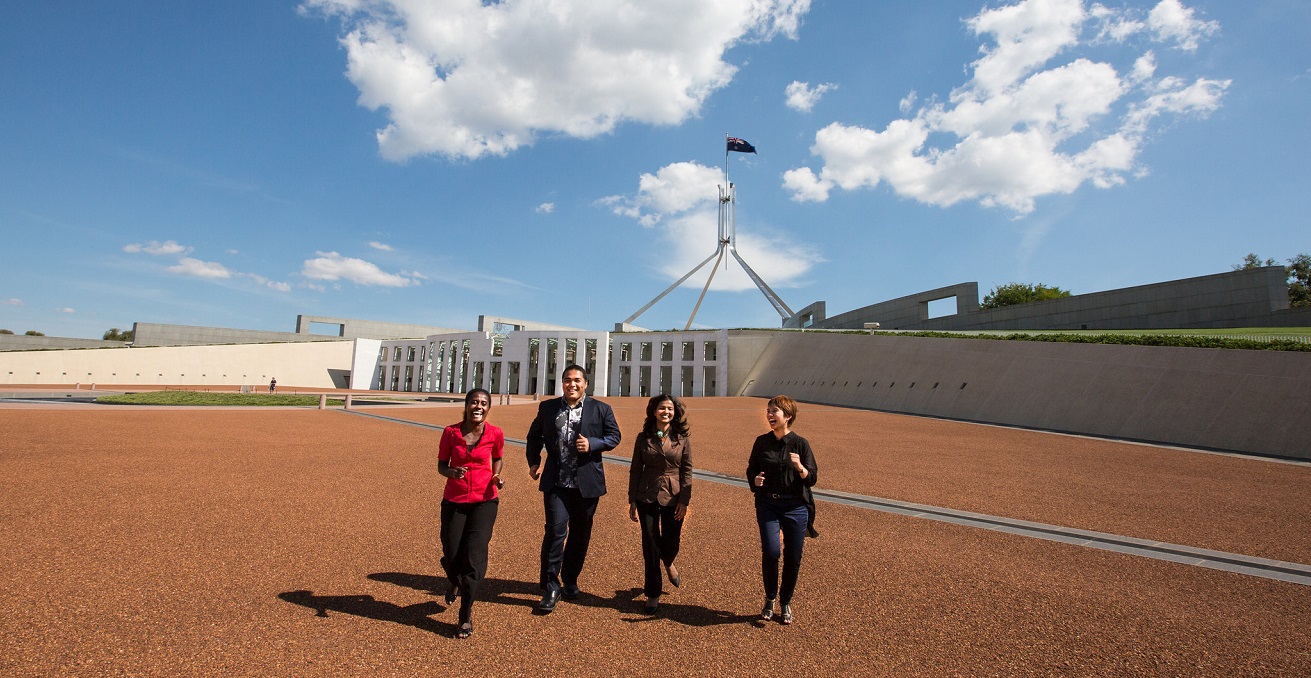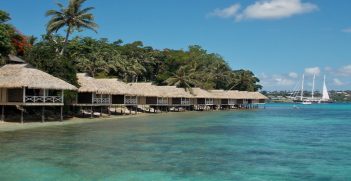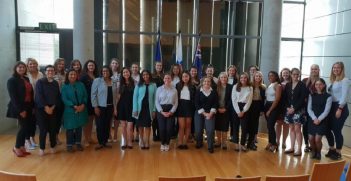Scholarships as a Tool of Statecraft

Australia is deploying a range of tools of statecraft to try to improve its relationships with Pacific Island countries and peoples. One of the focuses of Australian statecraft is developing “people-to-people connections,” with education, sports, media, cultural, and church partnerships seen as integral to these connections.
Education assistance is the most longstanding and well-developed aspect of Australia’s people-to-people connections in the Pacific, particularly the Australia Awards scholarships that provide opportunities for Pacific peoples to study at Australian and Pacific tertiary institutions. One of the intended outcomes of the Australia Awards scholarship program is “Alumni viewing Australia, Australians and Australian expertise positively.”
The developmental benefits of the scholarships are clear. Investments in education outcomes are widely recognised as leading to improvements in employment and health, as well as the empowerment of women and girls, greater earnings for individuals, stronger economic growth, social cohesion, and institutional strengthening for societies.
But although hundreds of Pacific students participate in the Australia Awards program each year, there is surprisingly little analysis of whether scholarships are an effective tool of statecraft, and whether Australia has improved its relationships with Pacific states and people. Does giving a Pacific student a scholarship improve that person’s perception of Australia?
To start to answer this question, Priestley Habru, a former Australia Awards recipient, drew on the voices of four current Australia Awards recipients, Epo Mark from Papua New Guinea, Feagaimaalii Soti Mapu from Samoa, and Wilhelmina Utukana and Jim Tawa Biliki from Solomon Islands. What were their experiences of their scholarships and studies in Australia? How has holding one of these scholarships shaped their opinion of Australia (and Australians)? And, what do they plan do after their studies?
As the students describe in the paper, they were drawn to apply to study in Australia partly because of its proximity to the Pacific, partly because of connections between Australia and their home country, and because they perceived that Australia offered high-quality education and research.
All identified positive experiences during their studies in Australia, including the quality of the teaching they have received, the availability of university support services, and the conveniences of life in Australia, such as reliable transportation, fast internet, and customer services.
However, several had experienced challenges. The most common were the difficulties of adapting to new norms of learning and the lack of availability of courses relevant to their interests. But some also reported facing, at times, unconscious biases, racism, and difficulty finding relevant work experience alongside their studies. Some felt that, while alumni support groups in each country and the Pacific region prepare new Awardees with pre-departure briefings, more could be done to support them once they arrive in Australia.
While the students were generally happy with their experience of holding an Australia Awards scholarship and studying in Australia, they felt that the Awards program could be enhanced by increasing the number of scholarships offered to Pacific Islands recipients. Only relatively small numbers of scholarships are awarded in each Pacific Island country each year (except Papua New Guinea, which has a much higher population). They also suggested increasing the value of Awardees’ entitlements to reflect the rising costs of living in Australia.
The students also recommended that professional development and targeted assistance to better facilitate Awardees to develop their professional skills and gain work experience while in Australia would both enhance their skills and employability, and allow them to develop professional relationships that they can draw upon once they return to their home countries. The students noted that allowing Awardees to stay in Australia for a year after their studies would further facilitate their professional development and networks in Australia.
The students also thought that parallel programs that could help Awardees to translate the material they are learning into their home country context would be valuable. Overall, the students felt that Australia should enhance the Australia Awards program to increase both its developmental value, and its role in improving Australia’s relationships within the Pacific Islands region.
This highlights why – although there is often a temptation to focus on “big ticket” initiatives as key tools of statecraft, such as development aid, infrastructure, or military assistance – smaller programs like the Australia Awards Scholarship warrants increased investment.
As Priestley and the students point out in their paper: “Many AAS alumni in the Pacific have gone on to become prominent leaders in business, government, non-government organisations, regional, and even international organisations and institutions.”
Australian aid programs will pass, and infrastructure programs may eventually crumble, but the memories and impressions that those alumni have of Australia will last their lifetimes. As the founder of the United States’ longstanding Fulbright scholarship program, James William Fulbright, once commented: “in the long course of history, having people who understand your thought is much greater security than another submarine.”
Priestley Habru is a PhD scholar in the Department of Politics and International Relations at the University of Adelaide. He is a former Australia Awards scholarship recipient.
Joanne Wallis is Professor of International Security in the Department of Politics and International Relations at the University of Adelaide.
This article is published under a Creative Commons Licence and may be republished with attribution.





